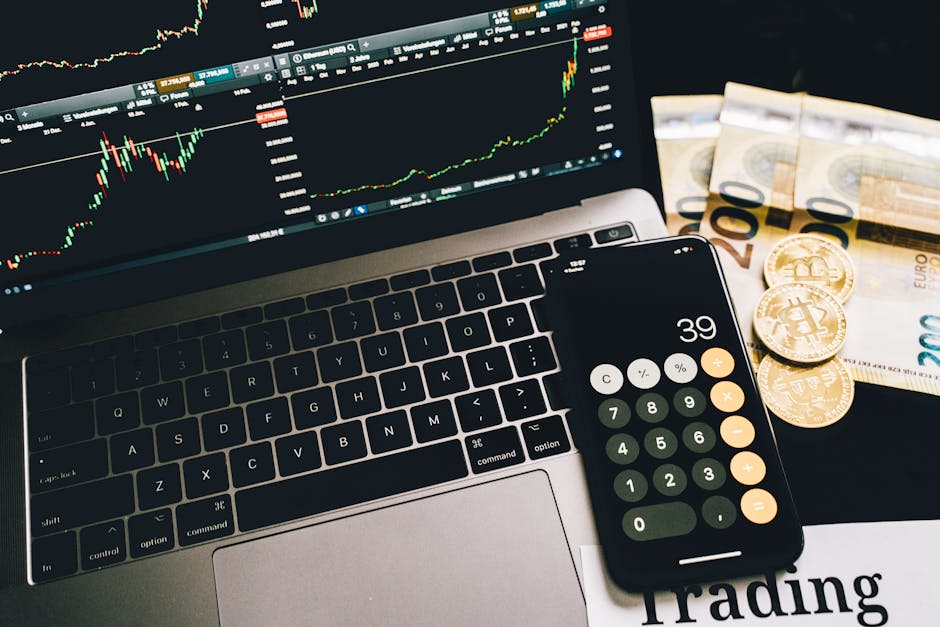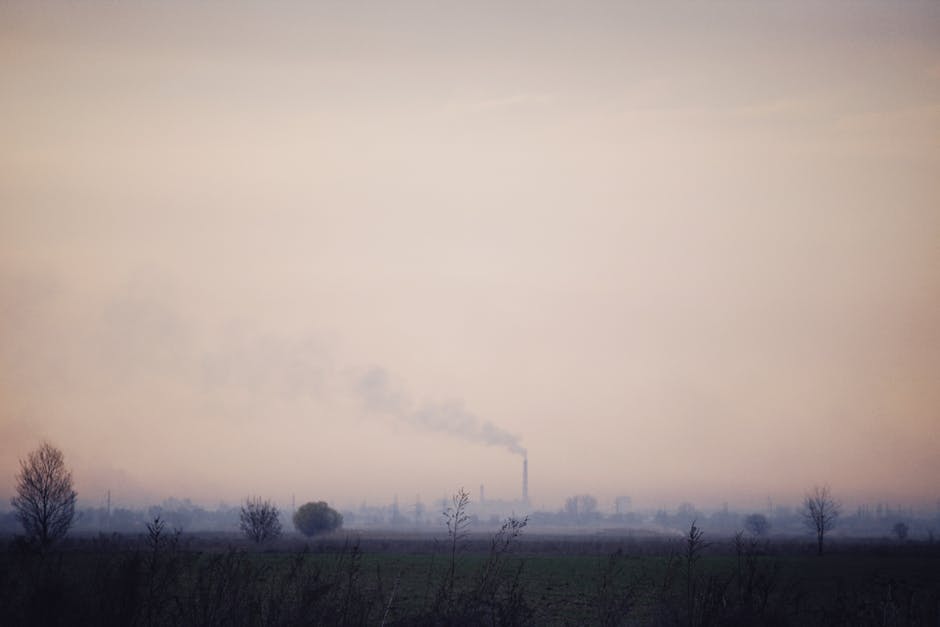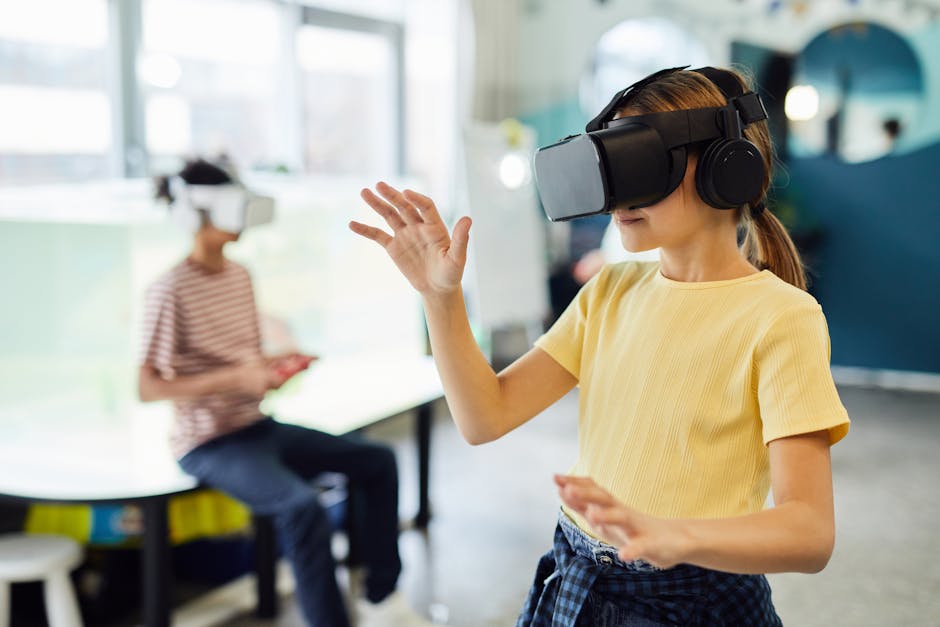In a stark warning to global trade stakeholders, External Affairs Minister S. Jaishankar has highlighted the growing unpredictability in international trade policies, particularly concerning tariffs, which he says is upending traditional economic calculations. Speaking at a high-profile economic forum in New Delhi, Jaishankar emphasized that “tariff volatility” has become a significant challenge for nations and businesses alike, urging a recalibration of strategies to navigate this evolving landscape.
The Shifting Sands of Global Trade
Jaishankar’s remarks come at a time when the global economy is grappling with a series of disruptions—from the lingering effects of the COVID-19 pandemic to geopolitical tensions and supply chain bottlenecks. The minister pointed out that the once-stable frameworks governing international trade are now being replaced by ad hoc measures and abrupt policy shifts, creating an environment of uncertainty.
“Trade calculations that were once predictable are being overturned,” Jaishankar stated. “The volatility in tariffs, driven by geopolitical considerations and domestic pressures, is making it increasingly difficult for businesses to plan and invest with confidence.”
Geopolitics and Economic Policies
The minister’s comments underscore the growing intersection of geopolitics and economic policy. In recent years, trade wars, sanctions, and retaliatory tariffs have become common tools in the arsenal of nations seeking to assert their strategic interests. The U.S.-China trade conflict, for instance, has had ripple effects across the globe, forcing countries to rethink their trade alliances and supply chain dependencies.
India, too, has been affected by these trends. While the country has sought to position itself as a reliable alternative in global supply chains, it has also faced challenges in navigating the shifting tariff regimes of its key trading partners. Jaishankar noted that India’s trade policies must now account for “not just economic logic but also geopolitical realities.”
The Impact on Businesses
For businesses, the unpredictability of tariffs poses significant risks. Sudden increases in import duties can erode profit margins, while export tariffs can make products less competitive in global markets. Small and medium-sized enterprises (SMEs), which often lack the resources to absorb such shocks, are particularly vulnerable.
Jaishankar urged businesses to adopt a more agile approach, emphasizing the need for diversification and risk mitigation. “In this environment, resilience is key,” he said. “Companies must explore new markets, strengthen domestic capabilities, and invest in innovation to stay ahead.”
A Call for Global Cooperation
While acknowledging the challenges, Jaishankar also called for greater international cooperation to address the root causes of tariff volatility. He stressed the importance of multilateral institutions like the World Trade Organization (WTO) in fostering dialogue and ensuring a level playing field.
“Trade should be a force for stability, not a source of conflict,” he said. “We need to work together to create a more predictable and equitable global trading system.”
India’s Role in a Changing World
As one of the fastest-growing major economies, India has a crucial role to play in shaping the future of global trade. The country’s recent trade agreements with nations like Australia and the UAE reflect its commitment to expanding its economic footprint. At the same time, India is also focusing on self-reliance through initiatives like Make in India and Atmanirbhar Bharat, which aim to boost domestic manufacturing and reduce dependency on imports.
Jaishankar’s warning about tariff volatility serves as a timely reminder of the complexities of the current global economic order. As nations and businesses navigate these uncertain waters, adaptability and collaboration will be essential to ensure sustainable growth and stability.
In conclusion, the era of predictable trade policies may be behind us, but with strategic foresight and international cooperation, it is possible to turn these challenges into opportunities. As Jaishankar aptly put it, “The world is changing, and so must we.”




